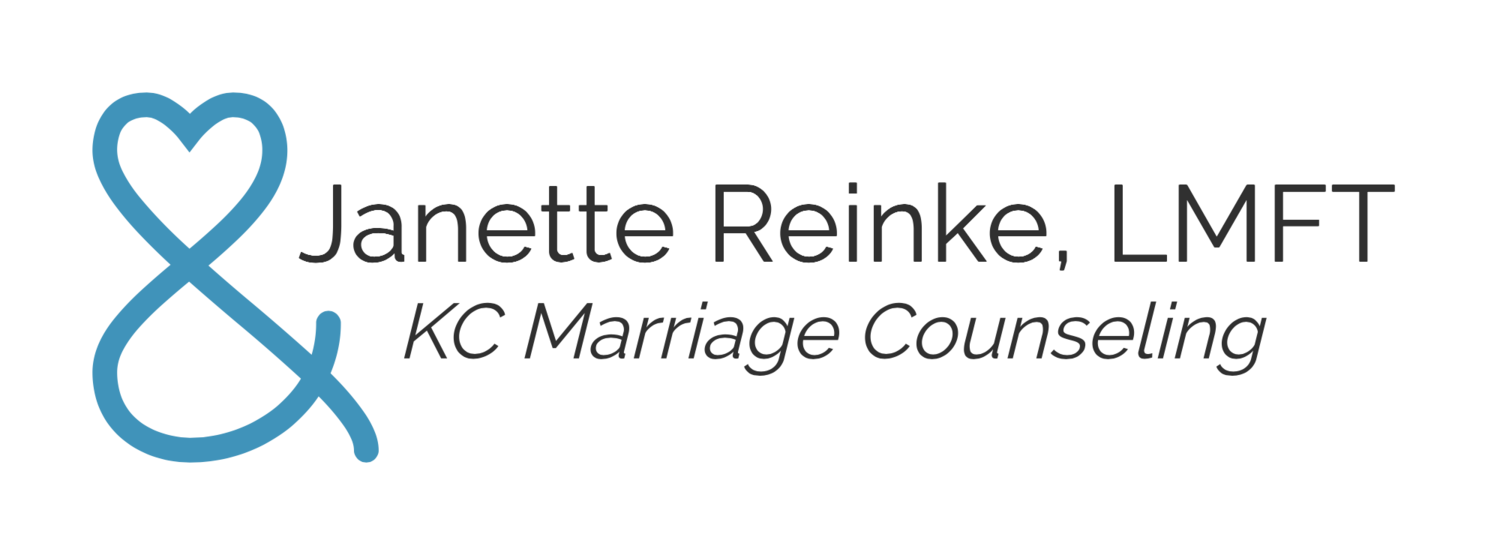Relationships, Trauma, and PTSD
Trauma survivors who have PTSD - Post Traumatic Stress Disorder - may have trouble with close family relationships or friendships. PTSD symptoms can cause problems with:
- trust
- communication
- feelings of closeness
- problem solving abilities
These difficulties can change how a survivor interacts with loved ones, which changes how the loved ones interact with the survivor - and now an unhelpful, possibly destructive pattern emerges.
Signs and Symptoms of PTSD
- reliving the trauma through flashbacks and nightmares
- intense fear
- depression
- rage
- feeling detached or numb
- hypervigilance
- exaggerated startle response
- irritable
- distracted
- difficulty concentrating
Other problems people with PTSD experience
- feelings of hopelessness, shame, or despair
- depression or anxiety
- drinking or other substance abuse problems
- physical symptoms or chronic pain
- employment problems
- relationship problems, including divorce
PTSD and ADHD
While there are similar symptoms between PTSD and ADHD/ADD, such as difficulty concentrating or anxiety, the main difference is the cause of the symptoms. PTSD results from a traumatic experience where one's life or one's person/soul feels threatened. ADHD isn't due to a traumatic event or caused by a traumatic childhood.
It is very important for a thorough assessment of ADHD include questions about possible traumas experienced in life. PTSD could be missed and misdiagnosed as ADHD - and the person suffers needlessly due to not getting the right treatment.



